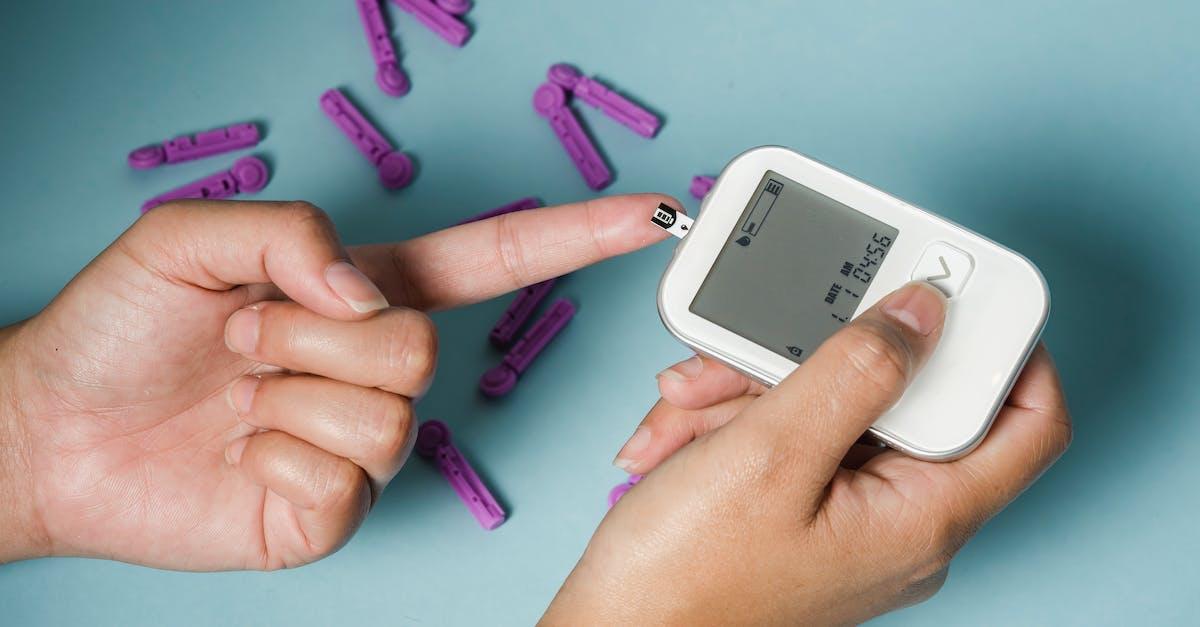In the realm of modern healthcare, the need for rapid and accurate diagnostic tools has never been more critical. Point-of-care (POC) hematology analyzers are revolutionizing diagnostics by bringing advanced blood testing capabilities directly to the patient’s bedside, clinic, or remote locations. These portable devices provide healthcare professionals with real-time information, enabling faster decision-making and improved patient care. In this comprehensive guide in collaboration with boule.com we will delve into the world of point-of-care hematology testing and its transformative impact on diagnostics.
The Rise of Point-of-Care Hematology Testing
Point-of-care hematology testing has emerged as a powerful solution to address the limitations of traditional laboratory-based diagnostics, which often entail time-consuming sample transport and processing. POC hematology analyzers have gained popularity for several reasons:
- Speed and Convenience
POC analyzers deliver results within minutes, eliminating the need for patients to wait for test results or return to the clinic for follow-up appointments.
- Reduced Turnaround Time
By conducting tests immediately at the point of care, healthcare providers can make faster clinical decisions, especially in critical situations.
- Cost-Effective
POC hematology analyzers reduce the overall cost of diagnostics by streamlining processes and minimizing the need for extensive laboratory infrastructure.
- Accessibility
These portable devices are ideal for use in remote or underserved areas, enabling access to advanced diagnostic capabilities where traditional laboratories may not be available.
Key Hematology Parameters at the Point of Care
Point-of-care hematology analyzers offer a range of key parameters that provide valuable insights into a patient’s hematological health:
- Complete Blood Count (CBC)
POC analyzers can perform CBCs, providing information on red and white blood cell counts, hemoglobin levels, hematocrit, and platelet counts.
- Differential White Blood Cell Count
Some POC analyzers can differentiate between various types of white blood cells, aiding in the diagnosis of infections and inflammatory conditions.
- Hemoglobin Testing
Rapid hemoglobin measurements are crucial for assessing anemia and managing blood transfusions in critical care settings.
- Coagulation Testing
Some advanced POC analyzers can perform coagulation tests, including prothrombin time (PT) and activated partial thromboplastin time (aPTT), for assessing bleeding disorders.
Applications in Diverse Healthcare Settings
Point-of-care hematology testing finds applications in various healthcare settings:
- Emergency Medicine
POC analyzers are invaluable in emergency departments for quick triage and immediate treatment decisions in trauma cases, bleeding disorders, and anemias.
- Primary Care Clinics
Healthcare providers in primary care clinics can use POC analyzers for routine blood tests, ensuring timely diagnosis and management of various conditions.
- Remote and Underserved Areas
These analyzers are indispensable in rural or remote areas, where access to centralized laboratories is limited.
- Pediatrics
POC hematology analyzers are particularly beneficial in pediatric healthcare, where quick and efficient blood testing is essential for diagnosing and monitoring childhood illnesses.
- Home Healthcare
Some POC analyzers are designed for home use, allowing patients to monitor their blood parameters under the guidance of healthcare professionals, especially for chronic conditions like diabetes.
Conclusion – Boule.com
Point-of-care hematology testing represents a significant leap forward in healthcare diagnostics, putting advanced blood testing capabilities in the hands of healthcare professionals where it matters most. As these portable analyzers continue to evolve and become more accessible, they will play an increasingly vital role in improving patient outcomes, reducing healthcare costs, and expanding access to quality diagnostics in diverse healthcare settings. The future of diagnostics is undoubtedly shaped by the convenience, speed, and accuracy of point-of-care hematology analyzers.
